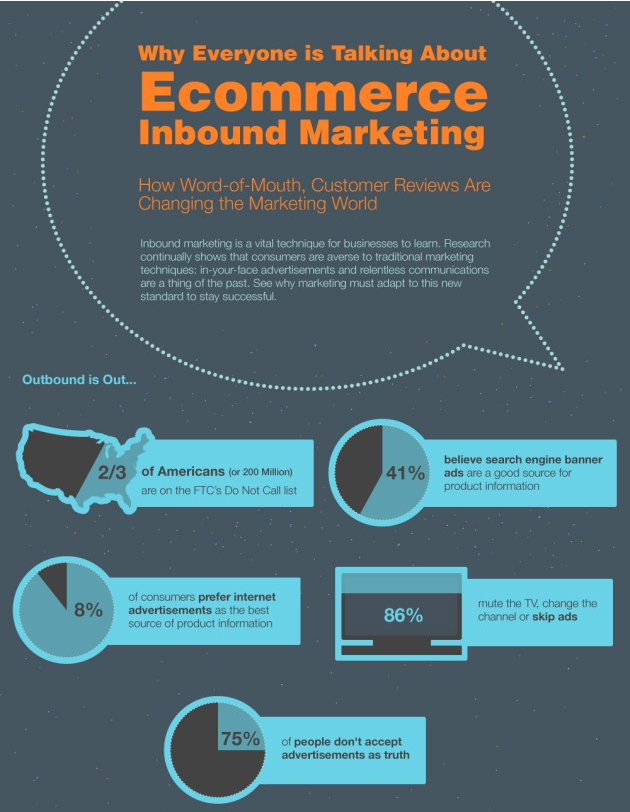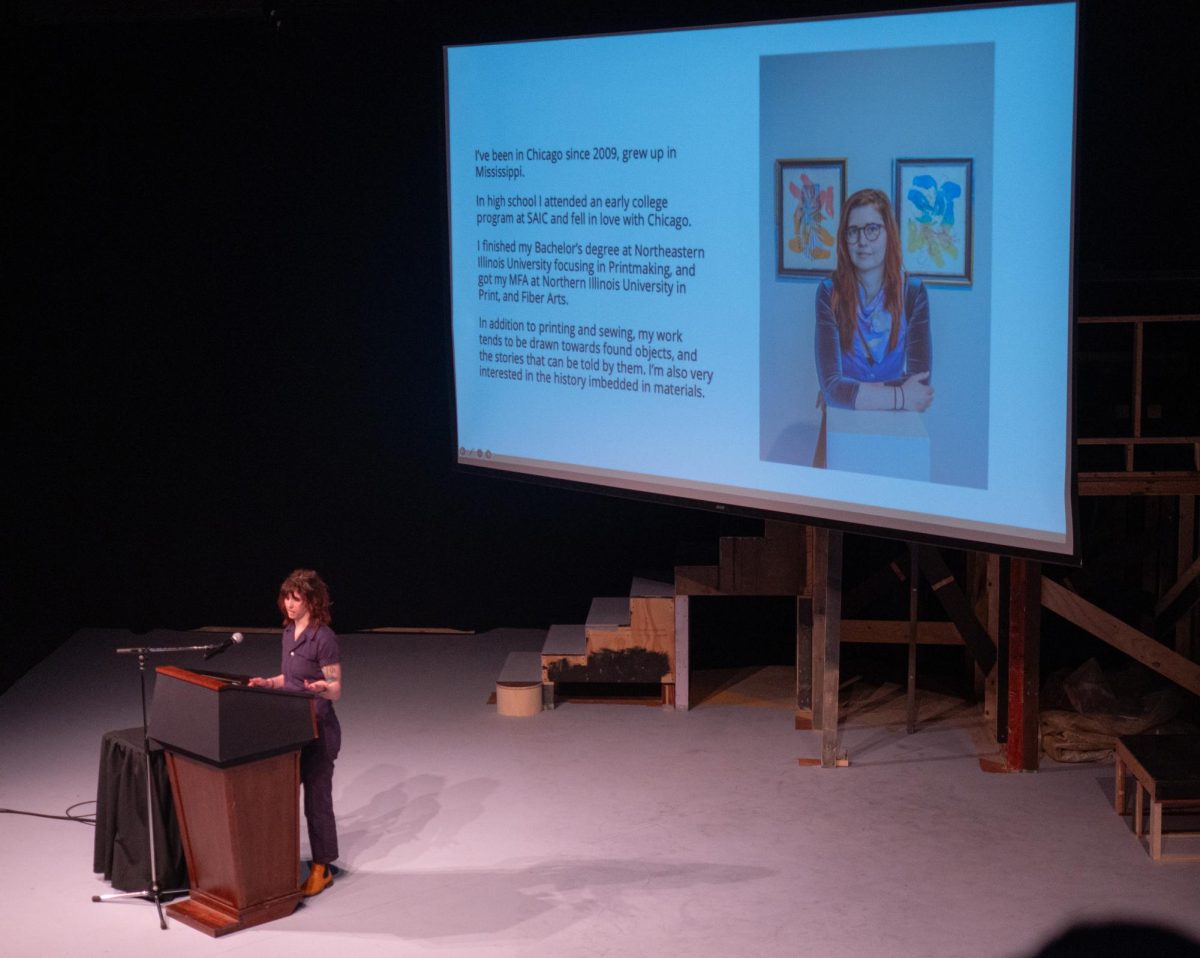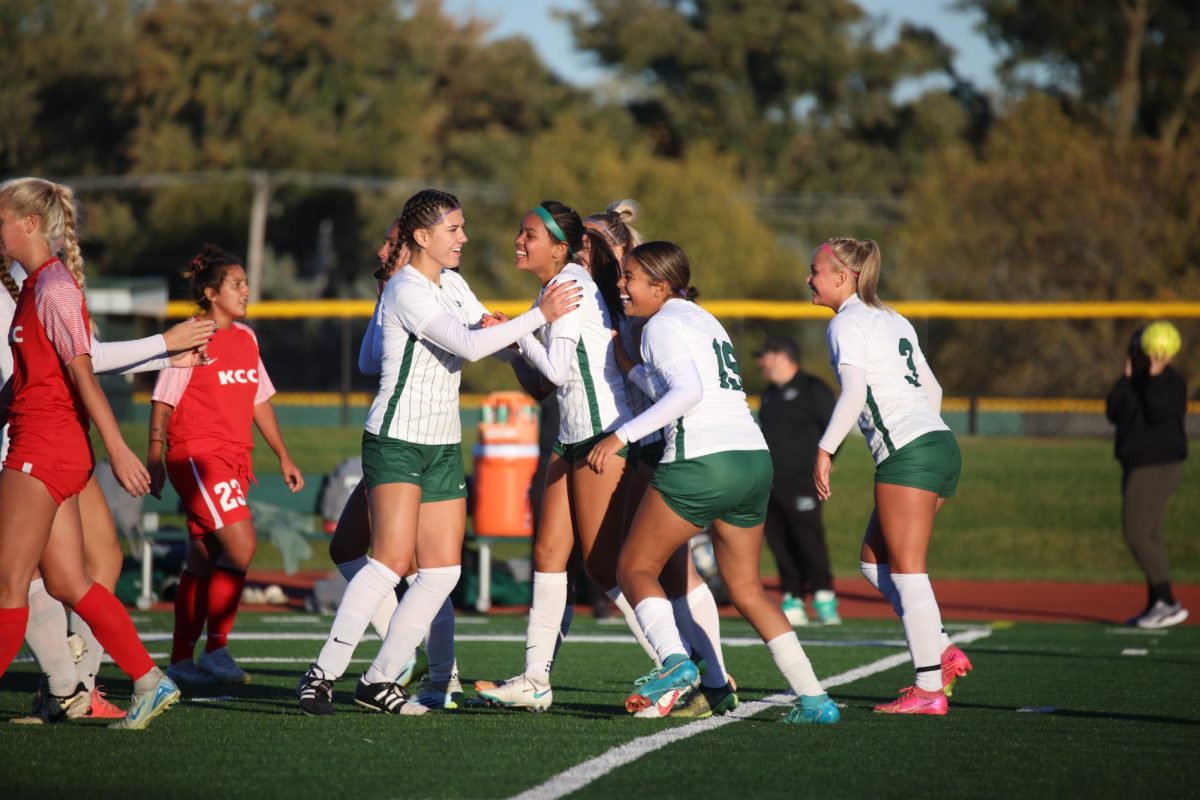“YouTube made me do it.” Confessions of a Millennial shopaholic.
April 13, 2018
“They’re very skeptical, and they’re very cautious.”
That was Mary Carlson’s answer when I asked how brands characterize the Millennial consumers. As a millennial myself, I couldn’t have put it better.
Mary Carlson teaches marketing classes here at COD, and described how this consumer group was different from previous generations.
With the recession fresh in their mind, an economy that is not working for everyone, and mounting student loan debts, “millennials in particular are affected a lot,” Carlson said. “There’s a lot of pressure on them. Times have changed a lot more for them than they had [for previous generations].” As a result, the way young people value their money and think about how they spend it has changed.
“I’ve been teaching for 13 years,” she said, “more and more of the students come to me and question whether they need the book or not, and I don’t blame them because they want to make sure they spend their money where it’s the most valuable.”
For a lot of us, this certainly rings true. It’s not that we young people don’t have money to spend or a desire to spend it. Sometimes I shop like I have money to burn, and my closet is exhibit A. The important question for millennials, is how and where we spend our money.
In the era of ever-present technology and constant social media use, marketing, too, has changed. Brands have attempted to build their own social media presence with Facebook and Twitter accounts. They have also used it to interact directly with their customers by encouraging consumer participation through hashtags and online competitions. Ultimately, Carlson states, “as far as advertising, [millennials] don’t trust what advertisers say; they trust what other people say.
“I’ve always told students, when you look at marketing 60 percent of it is word of mouth,” Carlson said. “So basically over half of your marketing dollars are going to waste because only half of [your target market] are hearing it. You have to find your opinion leaders.”
Today, actors and athletes still have star power, but bloggers, vloggers and influencers are increasingly becoming the opinions leaders that young people turn to. Word of mouth advertising has traditionally been information about products that was shared amongst family and friends. With daily vlogs and interactive content, many young people see these online stars as another friend they can trust. Looking at my own recent purchases, I was shocked to realize how much of what I bought was recommended by YouTubers who I subscribe to. Especially when it comes to beauty products. In fact, I am unlikely to buy a product without looking to see what online reviewers and content creators have to say about it first. Knowing what eyeliner to buy requires seeing someone else try it, wear it all day, and review it’s quality, staying power and ease of use. For me, this is more effective than simply associating a celebrity with a product. Most of the people I follow online have similar tastes to me and share my interests and values. Their input is invaluable, and I believe it to be authentic and reliable. I am not alone. Forbes reports “71 percent of people are more likely to make a purchase online if the product or service comes recommended by others.” Gartner.com, found that “84 percent of millennials are likely to be influenced to make a purchase based upon user generated content that is created by strangers.” This sway has given influencers a lot of power over how their fans shop, and big brands are noticing.
Brands are increasingly collaborating with young online personalities, and, according to Forbes, it’s working for them. Just as word of mouth advertising has always been a successful tool for marketing products, online personalities provide a similar sense of authenticity. Most young people follow specific personalities on Instagram, Facebook, Twitter and YouTube. We are invited into their homes and lives, but we are also being invited into their closets and kitchens. The way we dress, eat, work out and think is shaped by these strangers in ways I never anticipated. The success of these online stars is so intrinsically tied to their fans and followers and the sense of trust and accountability that entails. Many of these stars have capitalized on this, and Forbes describes how influencers now make money by “establishing expertise or other influence in a very specific niche,” and working with related big name brands.
While some online stars are creating their own products lines, or relying on sites like Patreon to raise money, others are turning to paid sponsorships. Some bigger name social media stars have become brand ambassadors, like Patrick Starr for MAC and James Charles for Covergirl. Many businesses are aware of the need to work with bloggers and vloggers, as they have become “the gatekeepers to [a brand’s] audience” as Forbes puts it. All of this success and influence has been built on the foundation of trust that these stars earned over time. Unfortunately, what is built can always be broken, and when a star’s sincerity is questioned, or their behavior tarnishes their image, even ardent fans will unsubscribe. When social media stars are tied to brands, scandals can have major consequences. Recently, beauty blogger Amena Khan stepped down as a representative for a L’Oreal beauty campaign because of controversial comments she previously made on Twitter. With “unpolished” and inexperienced young stars increasingly being scouted to head up major campaigns, scandals like this will continue to occur. Which begs the question, will big brands start seeing these partnerships as too much of a risk?
“There has to be this balance, even with celebrities,” Carlson answered, “You have to be cautious about who you’re going to tie your brand to, and what’s their background.”
Carlson also said it is far easier for a large brand to recover in the public eye than a personality. A brand can repackage itself, put a new face to the name and create distance from the scandal. Celebrities, including these online influencers, find it much harder to repackage their brand because they are the brand. A new look, a new stance or a new marketing strategy does little to erase major errors in judgment. Stars become tied to their words and actions. YouTuber Logan Paul is an excellent example of a situation where, in the eyes of the public, an apology and a promise to change was not enough. YouTube is slowly recognizing that remaining tied to Paul, is threatening their own brand and, more importantly, their profits.
As online creators continue to explore new ways to increase revenue, and with paid sponsorships increasing, another issue arises for these stars. When their marketability was derived from their authenticity, how will they be able to separate themselves from the paid celebrities of traditional advertising campaigns? As a skeptical millennial, it is hard not to question whether these reviews will continue to be genuine. Will other fans and followers see stronger ties to big business as an implication of conflicted interest? When the appearance of sincerity is so lucrative, the importance of remaining genuine is crucial. Elle Darby, a British fitness blogger and influencer, came under fire recently when she was exposed for offering to review a luxury hotel in exchange for free accommodation. Many of her fans accused her of “selling out,” but what Elle pointed out, is brands frequently offer freebies to influencers in exchange for reviews. Although this is not contingent on the reviews being positive, viewers still question whether the reviews remain honest, and motivated by serving the best interests of the audience.
For now, the power social media stars have to influence shopping habits is not in question, and likely it will continue to grow. Despite the scandals, most online creators have been able to maintain loyal followers, and some have grown their brands into businesses. As Carlson said, millennials do not consume media the way previous generations did, and we certainly are less trusting of it. Big name brands know we are savvy to the attempts that advertising makes to permeate our lives. We stream TV to avoid ads. We install ad blockers. We skip ads on YouTube, and attempt to filter out ads on social media sites. As a consumer, I want to choose the kind of products I am exposed to, and I feel far more empowered by the ability to reach out and connect with other consumers who I feel I can trust. Young influencers have been able to capitalize on this, but whether this lasts, with the lines between genuine content and paid sponsorships being blurred, will be another question. As Carlson reminds us, “I think it’s a matter of the consumer educating themselves.”
They say two things are certain, but today I disagree. I think three things are inescapable. Death, taxes and advertising.



















